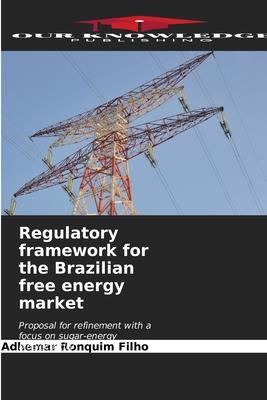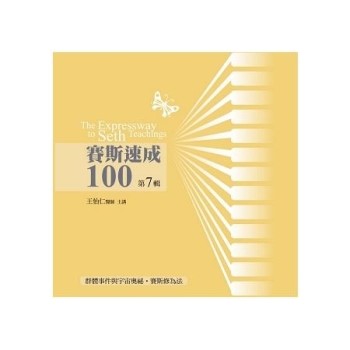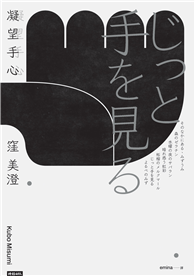Sugarcane bioelectricity from sugarcane bagasse has the potential to become a leading energy source in the years to come, becoming an important pillar of Brazil’s energy matrix, based on its advantages and the measures that can encourage this goal to be achieved. The general objective is to contribute to a new framework for refining the regulatory framework for Brazilian sugar-energy bioelectricity that facilitates the governance of its stakeholders and their respective relationships Despite the obstacles, the work demonstrates the advantages and offers elements that can benefit cogeneration, among others, a reduction or exemption from the Distribution System Use Tariff for generating energy from bagasse; freedom for full sales on the Free Energy Market, including small consumers; contractual simplification and solidification of financial compensation for the production of clean energy with a lower reduction in greenhouse gases. The work contributes theoretically to advancing the theoretical frameworks of business economics and competitiveness for practical application in competitive sustainability environments.
| FindBook |
|
有 1 項符合
Ronquim Filho的圖書 |
 |
$ 3575 | Regulatory framework for the Brazilian free energy market
作者:Ronquim Filho 出版社:Our Knowledge Publishing 出版日期:2023-11-08 語言:英文 規格:平裝 / 96頁 / 22.86 x 15.24 x 0.58 cm / 普通級/ 初版  看圖書介紹 看圖書介紹
|
|
|
圖書介紹 - 資料來源:博客來 評分:
圖書名稱:Regulatory framework for the Brazilian free energy market
|











